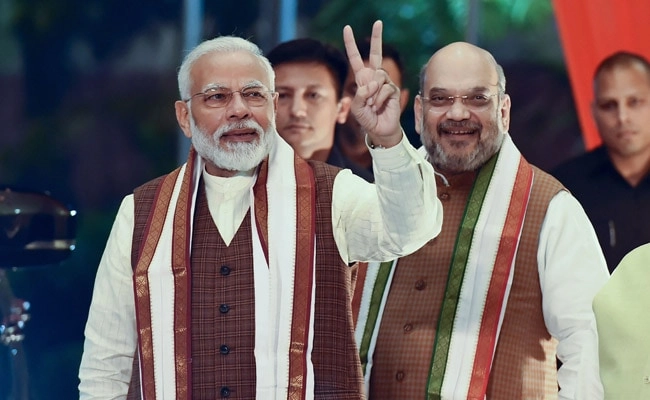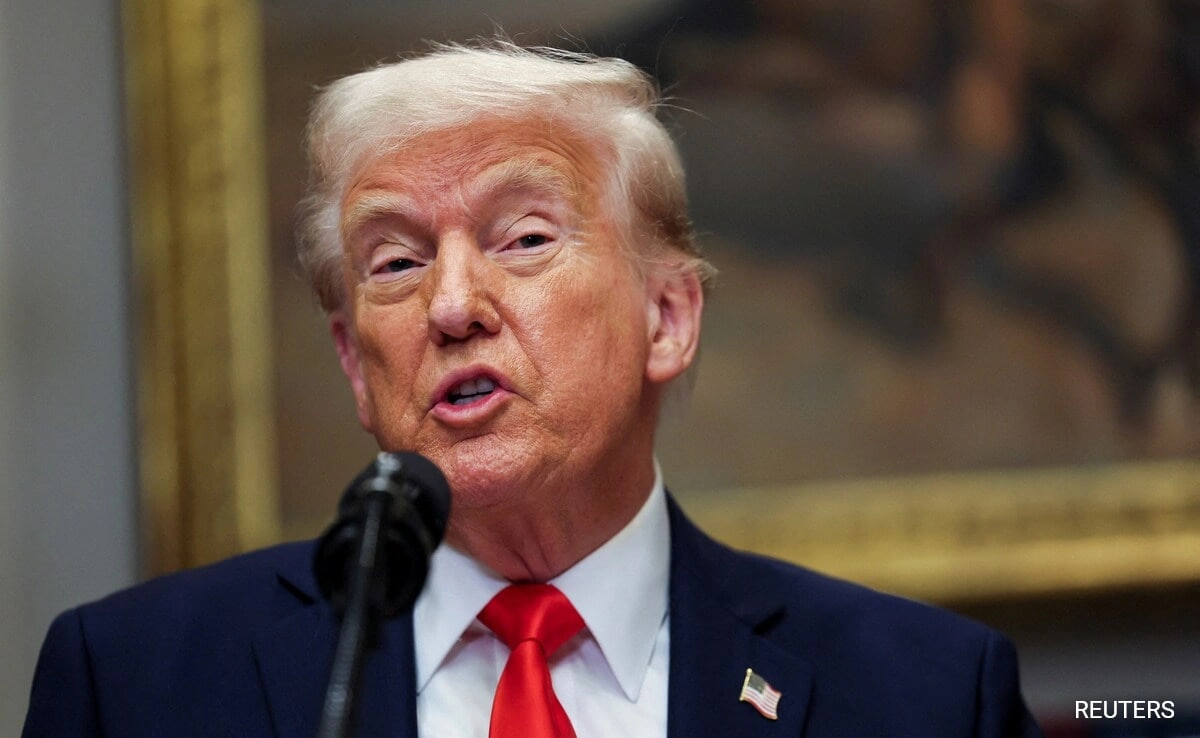Union Home Minister Amit Shah recently made a significant statement regarding India’s foreign policy, drawing a comparison between the tenures of Prime Minister Narendra Modi and the country’s first Prime Minister, Jawaharlal Nehru. Shah emphasized that under Modi, India’s foreign policy has taken on a robust and assertive character, which he believes was lacking during Nehru’s time. This assertion reflects a broader narrative within the current government that seeks to establish Modi’s leadership as a transformative phase in India’s international relations. Shah’s remarks underscore a belief that Modi’s administration has infused Indian diplomacy with a sense of strength and decisiveness, contrasting it with what he perceives as Nehru’s more cautious and sometimes indecisive approach.
The comparison of Modi and Nehru in the realm of foreign policy is not merely historical; it also serves to reinforce the current government’s ideological framework. Shah’s comments suggest a vision of India as a rising global power, one that is willing to assert itself on the world stage and engage proactively with other nations. This perspective aligns with Modi’s efforts to strengthen bilateral ties with various countries, participate actively in international forums, and promote a more assertive stance in regional security matters. By framing Modi’s foreign policy as having “spine,” Shah implies a shift towards a more self-assured and strategically driven approach, which he believes is essential for addressing contemporary global challenges.
Furthermore, the discourse surrounding foreign policy under Modi has also been tied to national identity and pride. Shah’s remarks evoke a sense of nostalgia for a time when India played a more central role in global affairs, while simultaneously positioning Modi as the leader capable of reclaiming that stature. The narrative suggests that Nehru’s era, while foundational, may have missed opportunities for stronger global engagement. In contrast, Modi’s administration is portrayed as one that recognizes the importance of strategic alliances and proactive diplomacy in an increasingly multipolar world. This ongoing dialogue about India’s foreign policy not only reflects the current government’s priorities but also shapes public perception of India’s role on the global stage.
In essence, Amit Shah’s comparison between Modi and Nehru serves as a political tool to highlight the perceived successes of the current government while critiquing the past. It encapsulates a broader narrative that seeks to define India’s foreign policy in the 21st century as assertive, dynamic, and capable of navigating complex international landscapes. As India continues to evolve and position itself amid global geopolitical shifts, discussions around its foreign policy will likely remain a focal point of political discourse, influencing both domestic and international perspectives on the country’s future trajectory.




